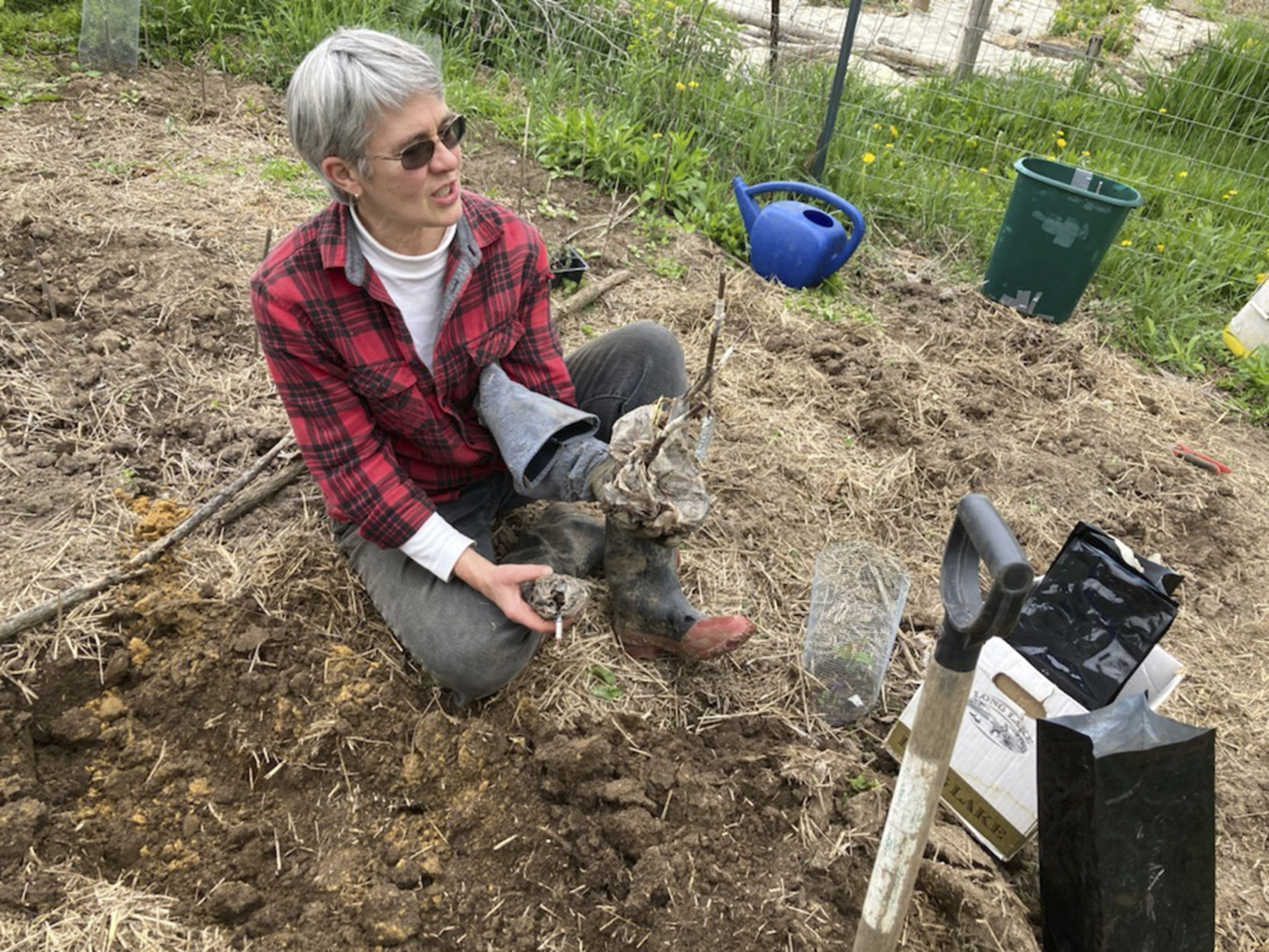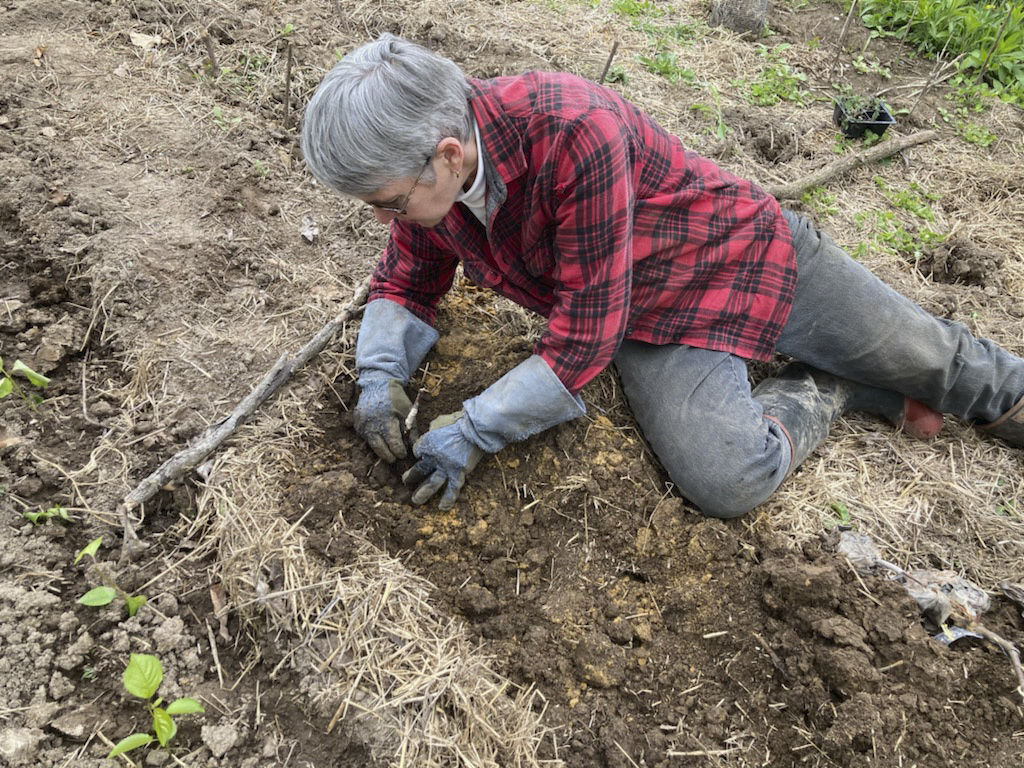WHEN: Noon to 1 p.m. on the final Thursday of each month from May 27 to Aug. 26.
WHERE: Virtual meetings via Zoom.
DETAILS: Four topics will be covered in four hourlong, free lunch webinars on the final Thursday of each month. They are: Increase Pollinator Habitat, Restore Healthy Soil, Restore Native Habitat and Explore Regenerative Agriculture.
For information or to register and obtain the Zoom link, visit www.bit.ly/3o8XWq3.
HIGHLAND, Wis. — When Margaret Krome started her career in the agricultural industry, the beginning of public meetings during which attendees around the room introduced themselves often struck her.
“There would be a farming couple,” she said. “The husband farmer would introduce himself, and the wife would say, ‘I’m with him.’ It happened over and over again.”
Addressing that hesitancy for women to take ownership in farming informed the creation of a new, federally funded initiative known as Wisconsin Women in Conservation.
The Michael Fields Agricultural Institute, where Krome works as a policy program director, is leading the three-year program. It launched in March in partnership with the Midwest Organic and Sustainable Education Service, Renewing the Countryside and Wisconsin Farmers Union.
WiWiC aims to build regional networks among women landowners and producers, a historically underserved demographic.
Through a series of workshops and field days, the initiative will familiarize participants with funding opportunities and conservation concepts pertinent to forestry management and farming, including pollinator habitat, soil health, invasive and native plants and regenerative agriculture.
“Women are a growing force on the land,” said communications specialist Kriss Marion, a Lafayette County supervisor who operates a bed-and-breakfast and small farm in Blanchardville. “If we can tap into this demographic, we can get more conservation practices done.”
Federal data indicate women comprise more than one-third of producers in Wisconsin — about 38,500 in 2017, the most recent data available. That reflects a 16% increase from 2012.
More than 600 people have expressed interest in the program, ranging from 20-somethings just entering the industry to widows who have come into control of land or who hope to make farming their second career.
“Sometimes, if you are single woman farmer, you don’t feel that you know how to penetrate that culture and that community,” Krome said. “This project, it’s not just facts. You don’t have to worry about how you’re going to be perceived.”
Krome owns 140 acres in Grant County, west of Highland, where she grows edible ferns and has implemented land-management practices such as controlled burning and native species planting. Through WiWiC, she hopes to learn how she can improve her pollinator habitat.
WiWiC will host a four-part virtual camp this summer, followed by four regional, in-person farm field days in September and four regional in-person workshops in October. A team of 14 conservation coaches also are serving as mentors.
A study will be conducted to assess landowners’ needs and the information they find most valuable.
“Everyone is joining together around this soil health topic,” Marion said. “We have learned a lot about what works and what doesn’t. I think we are going to see some really good changes on the landscape. Women are going to be a huge part of that good change.”



